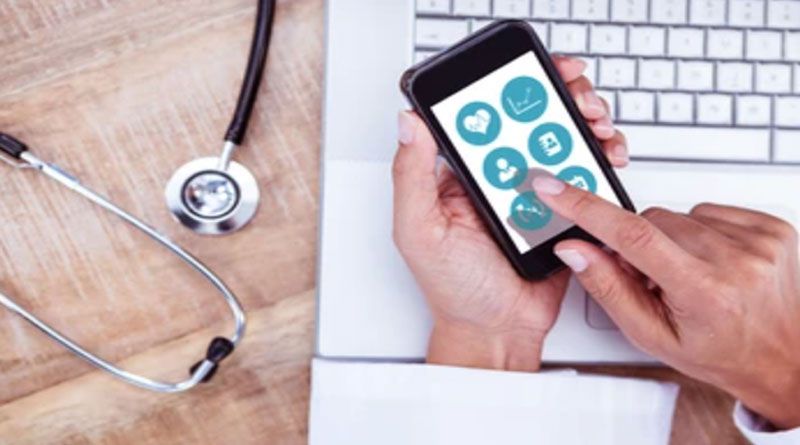Technology has made a huge impact on health. New technology is being invented all the time, and it will continue to make changes in the future. It seems like every day, there is a new product or service that promises to improve your life. From heart monitors that can detect abnormal beats before they become an issue to apps that help you track calories and exercise stats, this list of devices could go on forever! This article from Dr Ryan Shelton will explore how technology has improved health care over the last decade.
Internet has Changed the Way We Communicate with Doctor
The internet has made it easier than ever to communicate with your doctor. You can now make appointments, check test results, and even get prescriptions refilled without leaving your home! This is a huge convenience for patients, and it also helps doctors keep track of their patients’ health. Many doctors now have websites where you can find information about their practice, see a list of the services they offer, and even read patient reviews. If you have questions or concerns that you don’t want to discuss over the phone or in person, you can always send an email or use one of the many online chat features available on most doctor’s websites.
Pros and Cons of Being a Digital Patient
There are pros and cons to everything in life, and this is no different for becoming a “digital patient” (a term used when you use technology like websites or apps to manage your health). If you are someone who likes staying on top of things by checking emails regularly, then the convenience of communicating with your doctor online may be something that would appeal to you. However, it can also take away some important face-to-face time between patients and doctors.
Wearable Technology Changing Healthcare for Patients & Providers
There has been an explosion of wearable devices over the last few years aimed at helping people track their fitness goals! Devices such as Fitbit watches allow users to keep track of how many steps they have walked each day, while Apple Watches and Google watches can monitor heart rates, stress levels, and even how well you sleep at night. Some devices help patients with chronic conditions like diabetes or asthma stay on top of their symptoms. For example, a new insulin pump system called the “FreeStyle Libre Pro” allows users to get real-time glucose readings through an adhesive reader worn on the back of the upper arm (similar to getting blood drawn). The data provided by this device is automatically sent wirelessly to your doctor each day, so they know what treatment adjustments need to be made!
Disruptive Technology in Healthcare Providers & Consumers
Technology has begun disrupting many areas within healthcare, including telemedicine, e-consultation, and artificial intelligence. Telemedicine uses telecommunication technologies such as videoconferencing for medical purposes to provide patient care regardless of location or time constraints. This technology has many benefits, including increasing access to healthcare which can help increase the quality of life by improving health outcomes. For example, there are now apps like “Virtual Dementia Tour” that allow family members living far away from an elderly relative suffering memory loss to take a virtual tour around their home. This way, they can see potential hazards like slippery floors or electrical outlets near water sources.
Benefits of Using Social Media to Improve your Mental Health
Social media is often criticized for hurting mental health, but there are many benefits to using social media platforms like Facebook, Instagram, and Twitter to improve your mental wellbeing. For starters, social media can be a great way to connect with friends and family members who live far away. It can also be a helpful tool for connecting with people who have shared interests or experiences. Additionally, social media can help you stay up-to-date on current events, which can boost your mood by making you feel more informed and connected to the world around you. Finally, some research has shown that spending time on social media may even have therapeutic effects for people with anxiety or depression!
As technology evolves, it will continue to change how we communicate with doctors, access healthcare services, and interact with one another. The internet has already changed how people connect with their physicians, and for some, this is a positive experience. Others find that connecting can be difficult or even dangerous if they live in an area where there are no high-speed connections. One thing is certain: as health care becomes more digitized, patients need to be aware of what information is shared online about them by providers who use these new technologies. Hence, they have control over their medical data.

Namaste UI collaborates closely with clients to develop tailored guest posting strategies that align with their unique goals and target audiences. Their commitment to delivering high-quality, niche-specific content ensures that each guest post not only meets but exceeds the expectations of both clients and the hosting platforms. Connect with us on social media for the latest updates on guest posting trends, outreach strategies, and digital marketing tips. For any types of guest posting services, contact us on info[at]namasteui.com.

